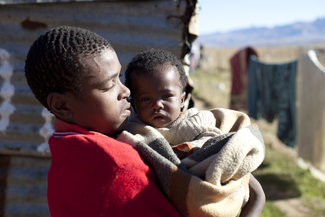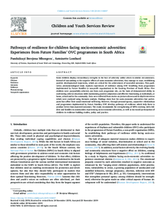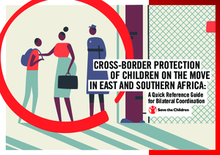

Displaying 161 - 170 of 579
This is a qualitative study aimed to explore the need for preparing children ageing out of foster care for independent living in South Africa.
The aim of this article is to discuss the social justice implications for educational psychologists working with orphans and vulnerable children (OVC) who comprise 3.7 million of the population in South Africa.
This qualitative, phenomenological study explores experiences of resilience among OVC benefiting from programmes implemented by Future Families (a non-profit organisation) in the Gauteng Province of South Africa.
This paper presents four case studies of participatory educational research in Africa, including the lived experiences of orphaned children and conceptions of education quality in South Africa.
This Quick Reference Guide is a practical guide for all stakeholders who hope to implement a government-led, cross-border coordination mechanism for the protection of children who are unaccompanied and separated while in situations of migration or displacement.
This paper examines all policy and laws related to families in the South, West, East and Central regions of sub-Saharan Africa.
REPSSI is hosting its 5th biannual Psychosocial Support (PSS) Forum, under the theme “Breaking Barriers…Creating Connections” which is organised jointly by the Government of Namibia.
Through a thematic content analysis of qualitative interviews with members of migrants’ families, this article illustrates that in the context of internal labour migration, family responsibilities shift in ways that make unemployed grandmothers in South Africa who do not receive the Old Age Grant vulnerable.
The special issue of Emerging Adulthood titled “Care-Leaving in Africa” is the first collection of essays on care-leaving by African scholars. This article, coauthored by scholars from North and South, argues in favor of North–South dialogue but highlights several challenges inherent in this, including the indigenizing and thus marginalizing of African experience and scholarship and divergent constructions of key social concepts.
The aim of this study was to assess the feasibility and acceptability of a home‐based intervention—Amagugu Asakhula—to promote nurturing interactions and healthy behaviours with the caregivers of preschool children.



